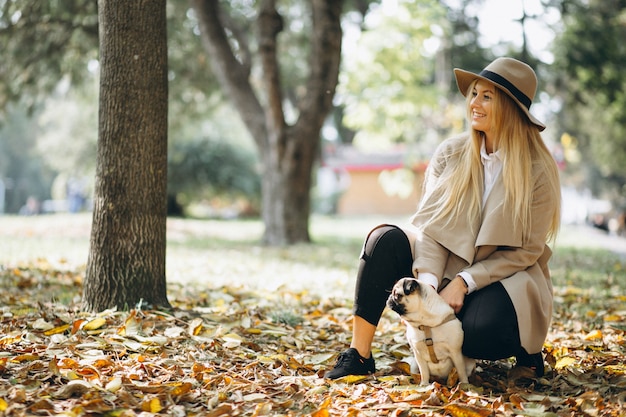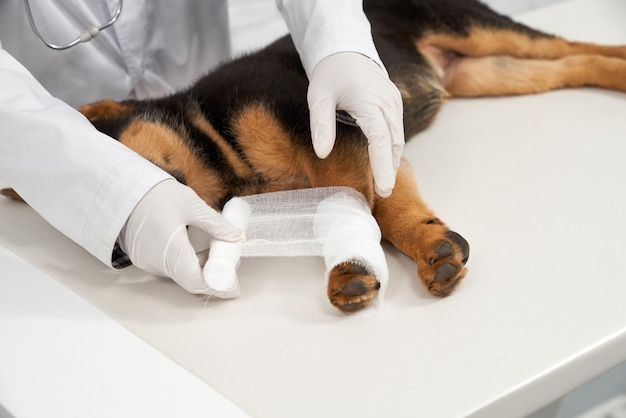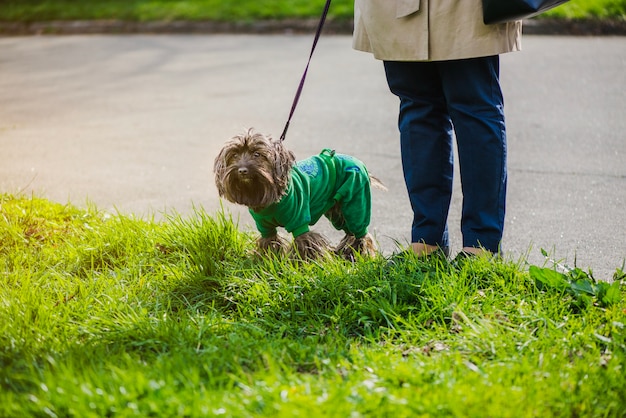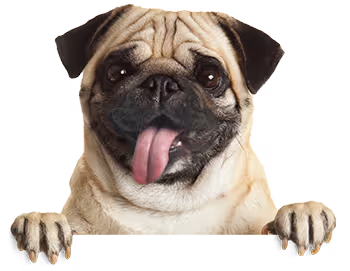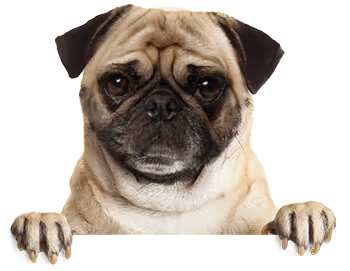Understanding ACL Repair Surgery for Dogs and Cats

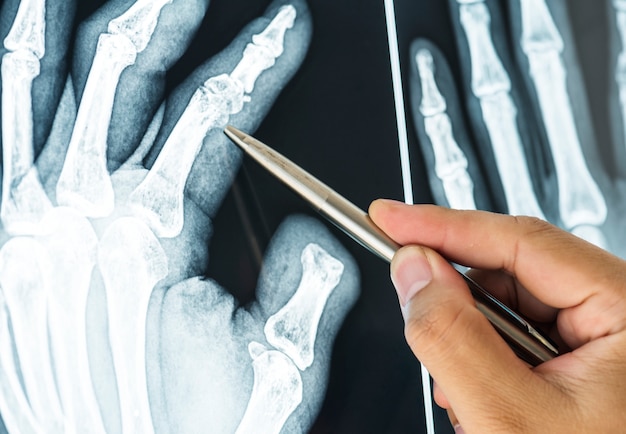
Understanding ACL Repair Surgery for Dogs and Cats
If your dog or cat is suddenly limping or having trouble getting around, you're likely worried about their comfort and long-term health. Injuries to the knee joint, especially ACL (anterior cruciate ligament) tears, are among the most common causes of persistent lameness in pets. At Blue Waters Animal Hospital, conveniently located at 3630 Thompson Bridge Road, Suite 18B, Gainesville, GA 30506, our veterinary team understands how distressing it can be to see your beloved companion in pain. This blog is designed to help you understand what ACL repair surgery for pets involves, how to recognize the signs of a pet knee injury, and what to expect from the treatment and recovery process.
Whether you are searching for pet knee injury treatment in Gainesville or wondering if there is a "vet near me" who can offer advanced orthopedic care, our team is here to support you every step of the way. Read on to learn more about ACL injuries in pets, how we approach diagnosis and surgery, and the kinds of aftercare that lead to the best possible outcomes. If you would like more details on our approach, you can always explore ACL repair surgery service information for pets at Blue Waters Animal Hospital for an in-depth look at our procedures.
How to Recognize an ACL Injury in Your Pet
Common Signs of a Pet Knee Injury
Recognizing an ACL injury as soon as possible is vital for your pet's comfort and long-term joint health. Dogs and cats with ACL tears often display specific behaviors that signal something is wrong. The most frequent symptom is sudden limping or lameness in one of the hind legs. You may notice your dog or cat holding up their leg, struggling to put weight on it, or even hopping to avoid using the affected limb. Other signs include swelling around the knee, difficulty rising from a resting position, reluctance to climb stairs, and a noticeable decrease in activity or willingness to play.
In some cases, pets may vocalize their pain, whimper, or become more withdrawn. It's also common for pet owners to notice that their animal is stiff after resting, but this may improve slightly as they start to move around. Over time, untreated ACL injuries can cause the development of arthritis in the joint, which may lead to chronic pain and permanent mobility issues.
If you see any of these symptoms in your pet, especially after a sudden jump, twist, or active play session, it's important to schedule an appointment for a veterinary examination. Timely intervention can prevent further damage and support a smoother recovery.
Why Do ACL Tears Happen in Pets?
Understanding the Causes and Risk Factors
ACL tears, more technically known as cranial cruciate ligament (CCL) injuries in veterinary medicine, occur when the ligament inside the knee joint is overstretched or torn. This ligament helps stabilize the knee, and when it is damaged, the joint becomes unstable, leading to pain and lameness.
In dogs, ACL injuries are especially common and can be the result of a single traumatic event, such as chasing a ball and twisting awkwardly, but they often develop over time due to a combination of genetic predisposition, body weight, and activity level. Certain breeds, including Labradors, Rottweilers, and Boxers, are more prone to this type of injury. Obesity is a significant risk factor, as extra weight puts more stress on the knee joint, increasing the likelihood of ligament damage.
Cats can also suffer from ACL tears, though it is less common. In felines, these injuries are typically associated with high-impact falls or sudden, forceful movements. Age and underlying joint problems may compound the risk.
Weather can also play a role; slippery surfaces during rainy seasons near Gainesville and the Lake Lanier area can contribute to accidents, while active pets in the region's many outdoor spaces may be more susceptible to injury.
Professional Pet Knee Injury Treatment in Gainesville
What to Expect from ACL Repair Surgery for Pets
When your pet is diagnosed with an ACL tear, your veterinarian will discuss the best treatment options based on your pet's size, age, activity level, and overall health. At Blue Waters Animal Hospital, we are proud to offer advanced surgical solutions for ACL repair surgery for pets in Gainesville and surrounding communities.
Treatment approaches involve several surgical techniques, each designed to restore stability to the knee joint and minimize pain. The most common procedures include the lateral suture technique, which uses strong nylon material to mimic the function of the torn ligament, and more advanced options such as tibial plateau leveling osteotomy (TPLO) or tibial tuberosity advancement (TTA) for larger or more active dogs. Each surgery type has its advantages, and our veterinary team will carefully assess which is ideal for your pet.
The surgical process typically involves anesthesia, cleaning and preparing the knee area, repairing or replacing the damaged ligament, and ensuring the joint is stable before closing the incision. Pets usually stay in the hospital for monitoring during recovery from anesthesia and initial pain control. In many cases, digital radiology and orthopedic evaluation are used both before and after surgery to ensure optimal outcomes. You can learn more about specialized orthopedic surgery options for bone and joint issues in pets on our website.
Post-Surgical Care and Rehabilitation
After ACL repair surgery, a carefully structured rehabilitation plan is critical to your pet's recovery. This includes controlled rest, gradual reintroduction of movement, and sometimes physical therapy exercises designed to restore muscle strength and joint function. Pain management is a top priority, and your veterinarian will prescribe appropriate medications and monitor progress during follow-up visits.
It is essential for pet owners to strictly follow post-operative instructions, which may include restricting activity, using a harness instead of a collar for walks, and monitoring the surgical site for signs of infection. Recovery timelines vary, but most pets begin to show significant improvement within a few weeks and can return to their normal activities over several months, provided the rehabilitation process is followed closely.
How Can You Help Prevent ACL Injuries in Your Pet?
Home Care and Preventive Strategies
While not all ACL injuries can be prevented, there are practical steps pet owners can take to reduce the risk. Maintaining a healthy weight for your pet is one of the most effective ways to decrease stress on the joints. Regular, moderate exercise helps keep muscles strong and joints flexible, but it is equally important to avoid sudden, high-impact activities that could cause trauma.
Providing non-slip surfaces in your home, especially during the wetter months common in the Gainesville area, can help prevent falls and injuries. For pets with a history of joint issues, joint supplements and veterinary-recommended diets may support long-term knee health. During wellness exams, discussing your pet's activity level and any signs of discomfort with your veterinarian can allow for early detection of joint problems.
If your pet has undergone previous orthopedic surgeries, or you notice even subtle changes in their movement, do not hesitate to bring this up during your next visit. Preventive screening and timely intervention can make a significant difference in your pet's quality of life.
When Should You Seek Veterinary Care for a Pet Knee Injury?
Recognizing When Professional Help is Necessary
If your pet is limping, unable to bear weight on a leg, or showing signs of pain that persist for more than a day or two, it is time to schedule an appointment with a veterinarian. Immediate attention is necessary if you observe severe swelling, a sudden inability to walk, or if your pet is in obvious distress. Delaying care may lead to worsening of the injury, increased pain, and more complex treatment needs.
It is also important to seek professional advice if your pet has an existing medical condition, is recovering from previous orthopedic surgery, or if you are unsure about the severity of the symptoms. At Blue Waters Animal Hospital, our veterinary professionals are committed to providing thorough evaluations and compassionate guidance for every situation.
For more information on the full range of knee and joint care we provide, you can explore our knee cap dislocation diagnostics and surgical care for pets service page, as many knee injuries involve similar diagnostic and treatment processes.
Your Local Partner for ACL Repair Surgery for Pets in Gainesville
If you're searching for the best veterinarian near me to handle ACL repair surgery for pets, Blue Waters Animal Hospital is here to help. Our veterinary team is dedicated to restoring your pet's mobility and comfort through proven surgical techniques and personalized aftercare. We encourage you to schedule an appointment if you notice any changes in your pet's gait, activity level, or comfort, as early intervention leads to the best outcomes for pet knee injury treatment in Gainesville.
To discuss your concerns or to book a consultation, call us at (678) 656-7639 or visit our appointment scheduling page. We are proud to serve Gainesville and surrounding communities, supporting pets and their families every step of the way. Your pet's health and happiness are our top priorities, and we are committed to being your trusted choice for quality veterinary services near me.
This article is intended for informational purposes only and should not replace professional veterinary advice. If you suspect your pet has a knee injury, please contact a veterinarian for an in-person evaluation and personalized care plan. For more in-depth guidance on ACL repair surgery for pets in Gainesville, our veterinary team is always available to answer your questions and provide support tailored to your pet's needs.



